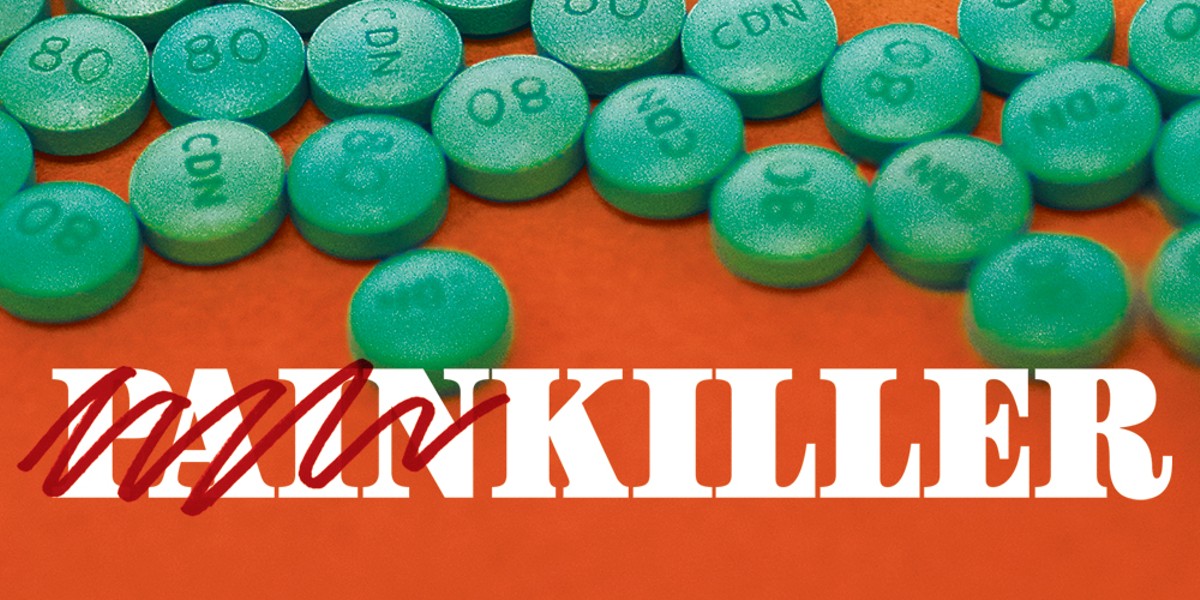While the state administration figures out how it wants to address this health crisis, local governments across Florida, including Orange County, have already set up task forces and advisory committees to fight the epidemic at home. Law enforcement officials in Orange County were some of the first to start carrying naloxone nasal spray, an opioid overdose antidote. Meanwhile, at the jail, a pilot program for heroin-addicted inmates gives them access to a $1,000 shot of naltrexone, which blocks the effects of opioids. Local leaders launched a new website last month dedicated to spreading treatment and prevention information, and Orange County Mayor Teresa Jacobs has even testified about the crisis before Congress.
"We certainly don't want to say we're ahead of the epidemic because we still have dozens of people die every month, but we're glad we had the foresight a year and half ago to start addressing this problem," says Danny Banks, special agent in charge for the FDLE's Orlando region and a member of Orange County's opioid task force. "By making those recommendations and implementing them, this effort has already saved a lot of lives we probably would have lost."
Central Florida residents put a face to the opioid epidemic with the death of Victoria "Rikki" Siegel.
The 18-year-old daughter of Orlando time-share mogul and Queen of Versailles star David Siegel was killed by a prescription drug overdose in June 2015 after a stint in rehab. The teenager was found unresponsive at her home after ingesting a toxic mix of methadone, a synthetic pain reliever that can be used to treat opiate addiction, and sertraline, an anti-depressant.
By then, the epidemic had been ravaging victims in Orange County for about two years, as the deadly remnant of Florida's crackdown on pill mills in 2010. Without addressing the demand, painkiller addicts seamlessly transitioned from the dwindling supply of increasingly expensive prescription opioids to cheaper substances like heroin and fentanyl.
If the sudden jump in deaths weren't enough to alert officials that something dangerous was happening, the amount of heroin that Orange County law enforcement officers were submitting – from the small packets found on addicts to huge drug busts – quadrupled from 2010 to 2015, says Carol Burkett, director of the Orange County Drug Free Coalition. The county accounted for 844 heroin submissions, much more than Palm Beach, Miami-Dade or Broward counties. While fentanyl isn't a new drug, it is now cheaper to make than heroin, which is leading drug dealers to cut the drugs together, Banks says.
While the epidemic doesn't discriminate between race and social class, David Siegel's influence as the CEO of Westgate Resorts and the wealthiest person in Orlando pushed the conversation forward. Two months after the death of his daughter, Orange County debuted its heroin task force – one of the first of its kind in the state.
"I'm on a mission to save lives," Siegel told the task force at its first meeting in August 2015. "My daughter's death will not go without saving millions of lives if I have anything to do with it."
Six months later, the task force came up with a list of 37 ways to fight the heroin epidemic, which included equipping law enforcement with naloxone; increasing funding for detox beds and ambulatory detox; starting a social media and community communication campaign; advocating for increased access to naloxone for groups at risk; implementing a pilot program for heroin-addicted jail inmates to receive a dose of naloxone upon release and, if eligible, a naltrexone-brand Vivitrol injection to prevent an opioid relapse after detox; increasing bond amounts for heroin traffickers; and changing fentanyl's classification so that drug dealers receive minimum mandatory sentences.




















